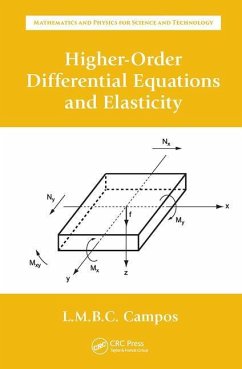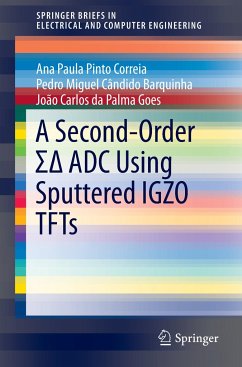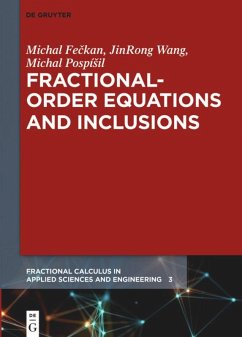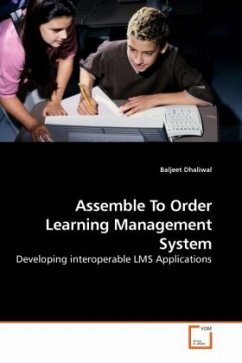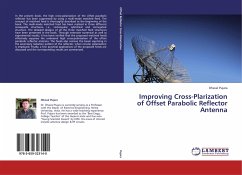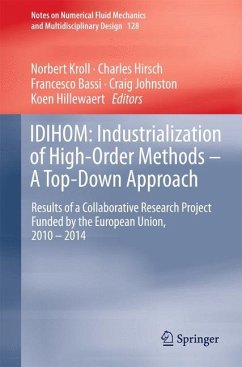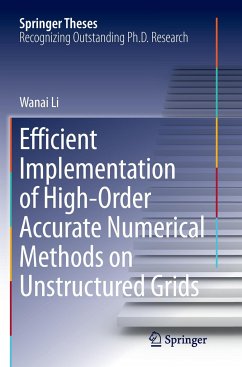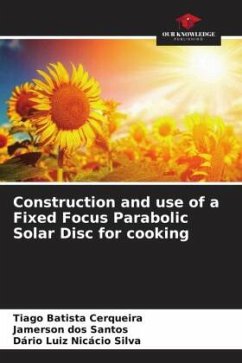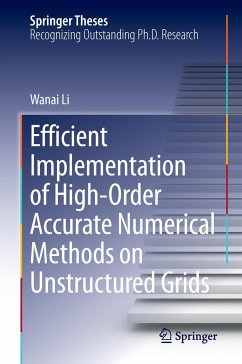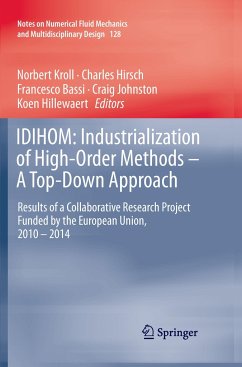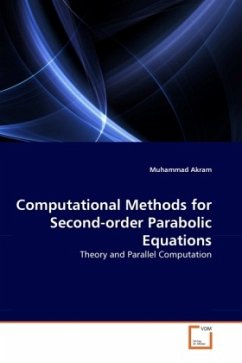
Computational Methods for Second-order Parabolic Equations
Theory and Parallel Computation
Versandkostenfrei!
Versandfertig in 6-10 Tagen
52,99 €
inkl. MwSt.

PAYBACK Punkte
26 °P sammeln!
The advances in computer technology have provided an impetus to solve partial differential equations numerically. Since it is essential in modern engineering analysis to have some efficient computational schemes in solving complicated mathematical models of physical processes, the author proposes the study of computational methods for the solutions of mathematical models which are related to the second-order parabolic partial differential equations. I present parallel algorithms for the solution of one-dimensional inhomogeneous parabolic partial differential equations subject to (i) time-depen...
The advances in computer technology have provided an impetus to solve partial differential equations numerically. Since it is essential in modern engineering analysis to have some efficient computational schemes in solving complicated mathematical models of physical processes, the author proposes the study of computational methods for the solutions of mathematical models which are related to the second-order parabolic partial differential equations. I present parallel algorithms for the solution of one-dimensional inhomogeneous parabolic partial differential equations subject to (i) time-dependent boundary conditions; (ii) Neumann time-dependent boundary conditions; (iii) integral boundary condition(s). The algorithms are found to be more accurate in comparison with the published algorithms in the literature. The algorithms are executable on parallel computer architecture with two, three and four processors. It is imperative to mention that the algorithms need only real arithmetic in their implementation as these work very well for the one-dimensional parabolic partial differential equations. Finally, I state some open-ended problems of parabolic and hyperbolic PDEs.



